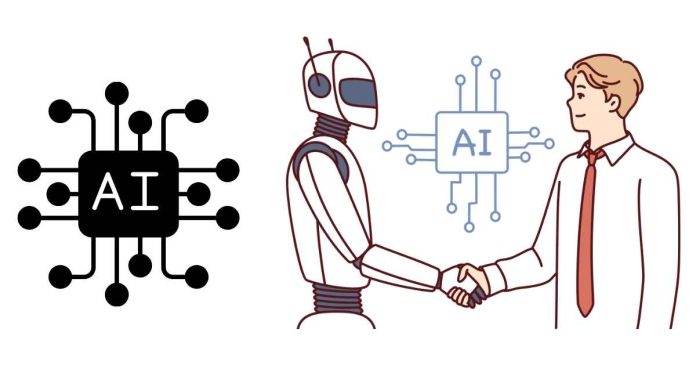Rules of Inference in Artificial Intelligence are logical frameworks used to deduce conclusions from known facts or premises. They enable reasoning systems to mimic human-like decision-making. Common rules include:
- Modus Ponens: If “A implies B” and “A is true,” then “B is true.”
- Modus Tollens: If “A implies B” and “B is false,” then “A is false.”
- And Introduction: If “A” and “B” are true, then “A ∧ B” is true.
- Or Introduction: If “A” is true, then “A ∨ B” is true.
- Resolution: Combines clauses to deduce new facts in propositional and predicate logic.
These rules form the basis of reasoning in AI systems like expert systems and knowledge-based applications.


